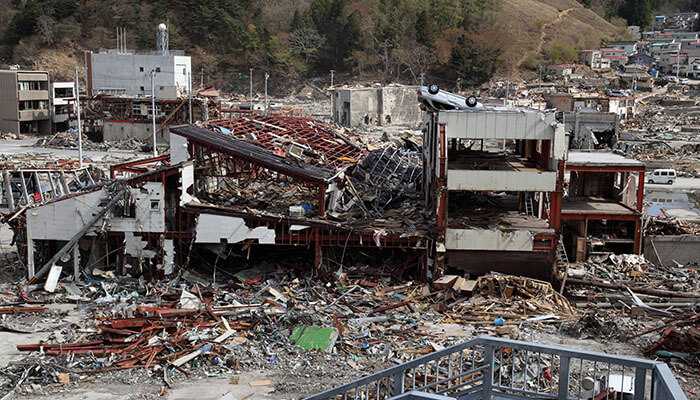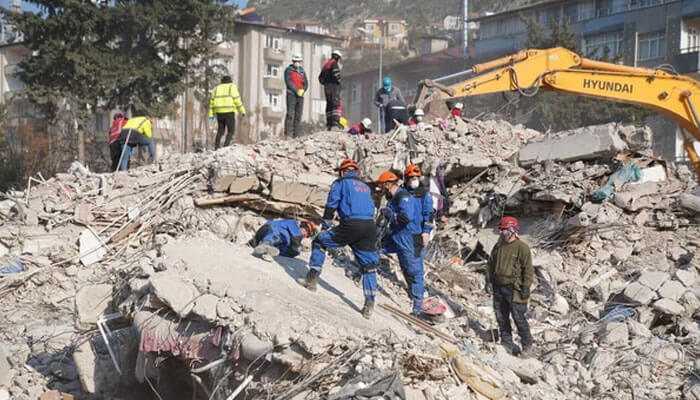Introduction
A recent earthquake that shook Western Japan has caused immediate destruction and raised profound queries concerning its lasting impact on society as well as the economy. At this moment, various communities are grappling with the outcome of the disaster and are therefore shifting their focus to the long-term implications that may arise from this occurrence, which shook Japan to its core. This piece examines what might happen next in terms of social changes and economic strength after such a devastating earthquake.
Impact on Society:
There are major long-term effects of the earthquake on individuals and communities. These include psychological trauma, displacement of families, loss of life, and the enduring anguish faced by survivors. This tragedy will shape our society for a long time. It is difficult to understate the impact that this has on society.
The social landscape in these regions, which have been affected, is now completely different due to the earthquake. Today, once tight-knit communities struggle with rebuilding relationships both in terms of people and structures. All this will be part of a complex matrix that is going to change how societies’ stories are written for quite some time.
One significant fallout from the earthquake is its psychological impact on people and communities. The earthquake may have resulted in long-term mental health care needs for those affected populations, as there is a potential for PTSD (post-traumatic stress disorder), anxiety disorders, and grief issues that may remain unresolved even after many years have passed since the disaster struck. Hence, it will be important to bring back a sense of normalcy and promote communal resilience when trying to recover from this catastrophe.
Economic Impacts:
Not only is the immediate disruption of infrastructure and economic fallout from the earthquake. Many businesses, industries, and lives have been disrupted which could take a long time to recover. Even if it is necessary for rebuilding as a path to healing, this comes at a high price in terms of finances for both local and national economies.
Besides the initial costs of reconstruction, there might be lasting hindrances in connection with job openings and financial stability. This can cause long-term economic recovery times, including supply chain disruptions, reduced productivity, and pressure on local firms. Corporations as well as governments need to devise policies that can help reduce monetary impacts and enable affected areas to regain their stability.
Urban planning and infrastructure:
The earthquake not only caused immediate damage; it also affected infrastructure by casting doubt on the sustainability of existing structures and the effectiveness of urban planning This reconstruction and repair may require governments and local authorities to review building codes, invest in earthquake-resistant infrastructure, and improve disaster preparedness plans It is also related to the environment and the formation of community organizations and there can be delayed changes in affected areas.
International Cooperation
Communicating internationally: The earthquake that devastated western Japan sparked solidarity and concern not only nationally but also internationally. Many countries are showing solidarity with each other, contributing in a variety of ways, from sending teams of experts on rescue and recovery missions to providing financial support This global effort builds on the independence of our global community emphasizes each other and our collective need to support each other in difficult times.
The long-term implications of this international cooperation go beyond immediate aid. Partnerships forged during the reconstruction phase can enhance international relations, knowledge sharing, and cross-sectoral collaboration The earthquake, although tragic, provides opportunities for countries to come together, and it does a sense of global integration and collaboration across borders emerges
Conclusion:
As Japan deals with the aftermath of the recent earthquake in its western territories, it is important to focus on the expected impact From the social fabric to the economic fibers, the earthquake event is scheduled to leave an indelible mark on the nation’s strategy. It will highlight the Japanese capacity for resilience and reconstruction in dealing with these challenges and embracing opportunities for development, as a testament to the human spirit in the face of adversity.




